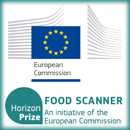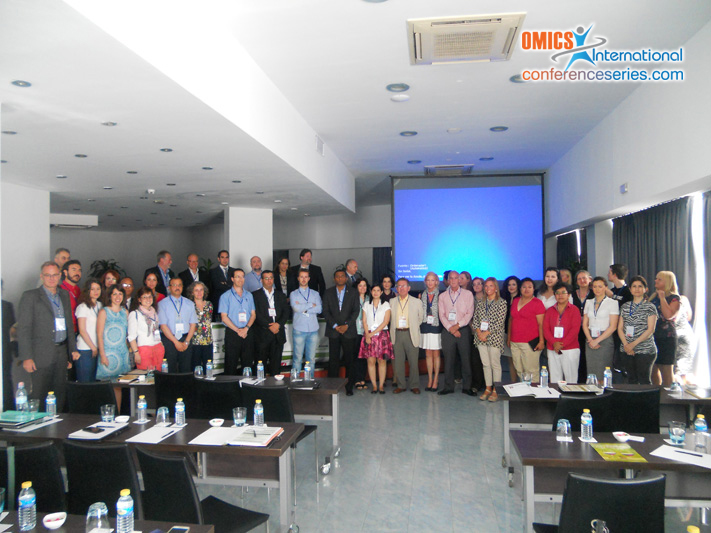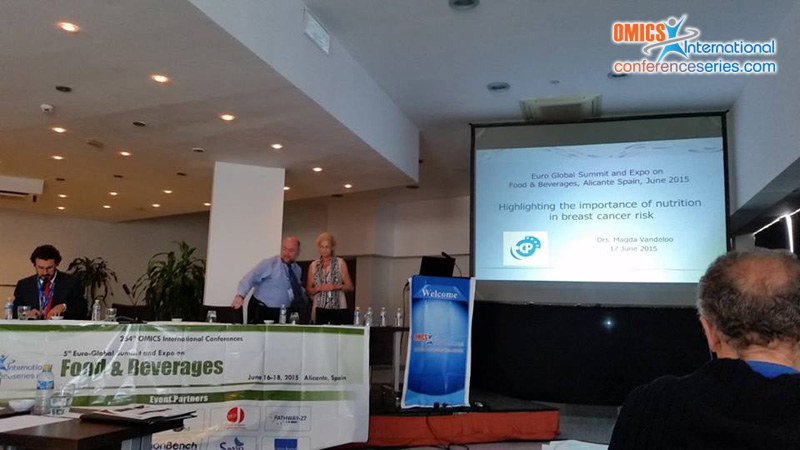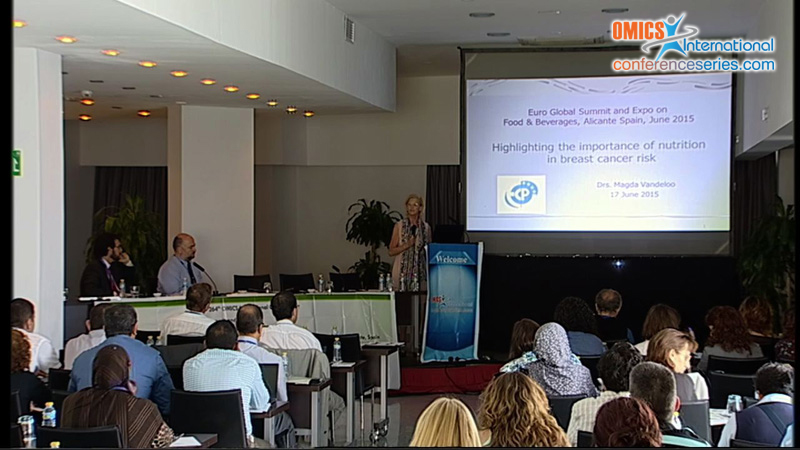
Magda Johanna Vandeloo
European Cancer Prevention Organisation
Belgium
Title: Highlighting the importance of nutrition in breast cancer risk
Biography
Biography: Magda Johanna Vandeloo
Abstract
Breast cancer is among the most lethal forms of cancer in the world affecting one out of 8 women in Western Countries. The main risk factors are early menarche, increased length and weight, late first full-term pregnancy, nulliparity, late age at menopause and hormonal substitution. Recently, also high mammographic density is considered to be a strong risk factor as well. Less than 10 per cent have a hereditary background. Of particular importance is early menarche that confers lifetime influence on risk. The breast is most vulnerable at the very onset for development. We studied 1146 healthy girls between birth and the age of 13 for the presence of dietary and lifestyle factors that correlate with early puberty and menarche. Univariate and multivariate analyses show clear evidence that the lifestyle, including nutrition do have an effect on both breast development and menarche. With regard to high mammographic density as determinant for breast cancer, researchers suggest that women who have breast density of 75% or greater have almost fivefold increased risk of breast cancer compared with women with absence of density. Only a few studies have evaluated the effect of diet and lifestyle on mammographic density, and results are inconsistent. As breast cancer risk is difficult to influence in adult age, preventive strategies should be applied as early as feasible. Better control of nutritional factors and lifestyle during childhood might reduce breast cancer risk later in life.




